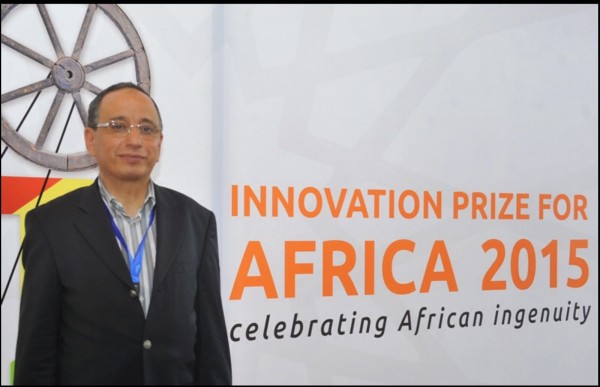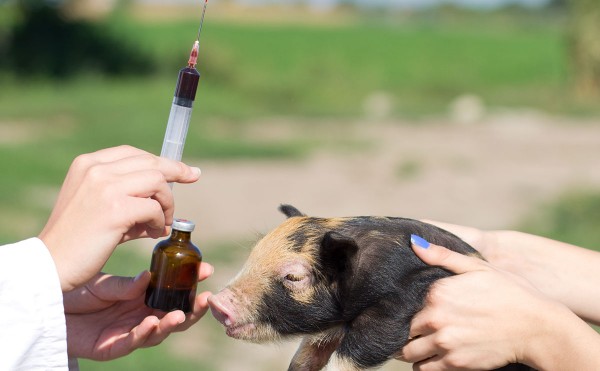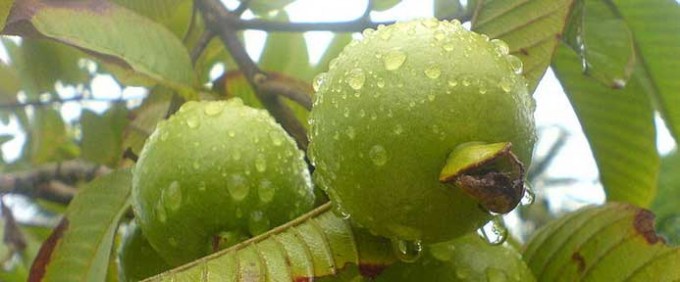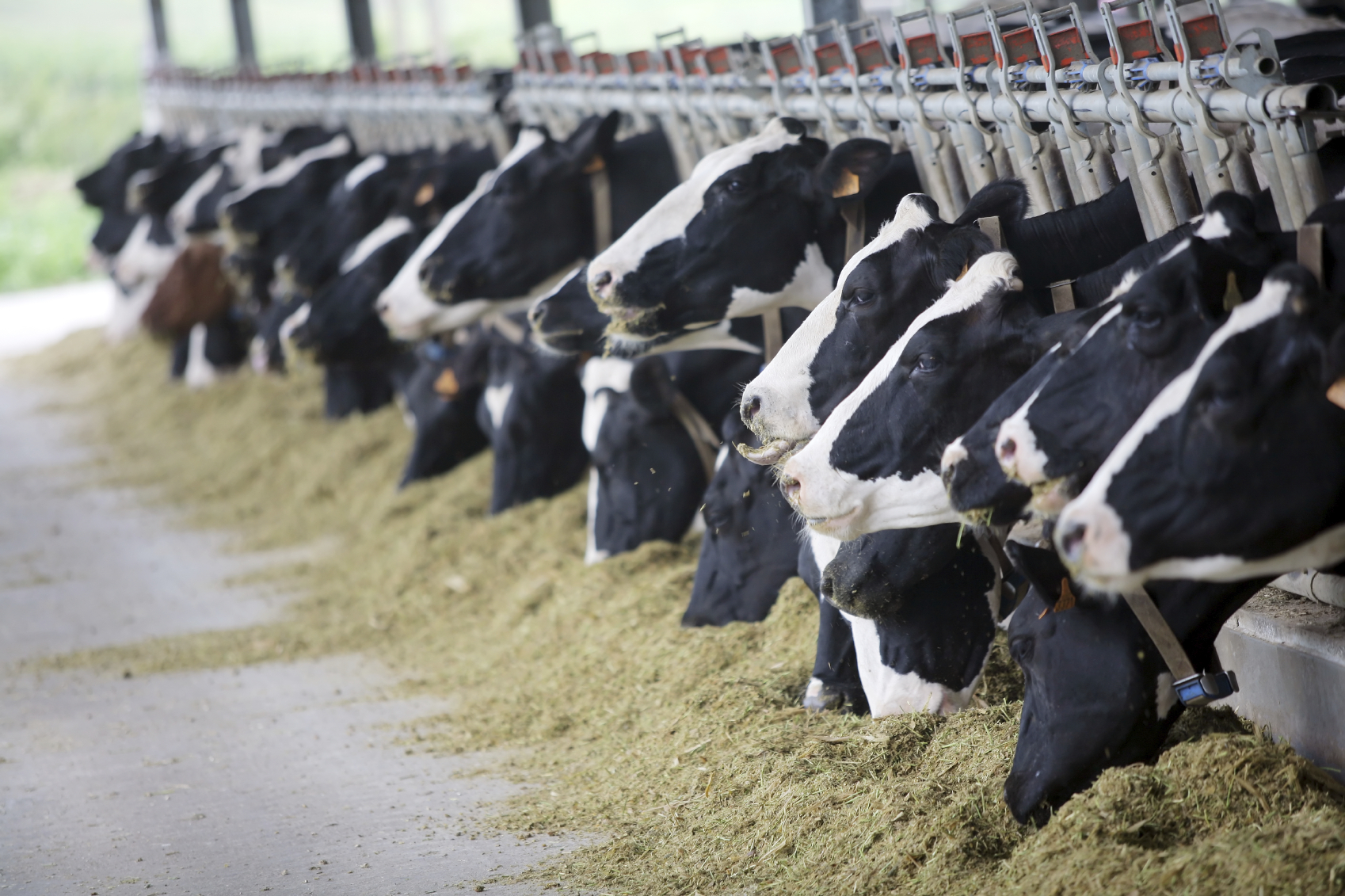

Moroccan biotechnology professor Adnane Remmal has won the $100,000 the African Innovation Prize for 2015, a recognition of the scientist’s efforts in the development of a natural alternative to livestock antibiotics.
Breeders have long developed the habit of mixing antibiotics in their animal feeds in order to promote growth. This indiscriminate use of antibiotics increases the pressure on the bacterial flora of animals making their bacteria resist treatment. Consequently, these resistant bacteria are transmitted from animals to people through products such as meat, milk and eggs.
Professor Adnane Remmal has conducted thorough research in this field based on a simple observation. On his return to Morocco in 1988, Remmal’s pharmacist and physician colleagues pointed out some very important facts on the medical front. They noted that there had been complicated advances whereby surgical prowess had advanced and open heart surgery had become possible. However, people continued to lose life due to the simple reason that bacteria had become resistant to antibiotics. The reasoning points out that our body consists of ten times more bacteria than the vital cells and this flora is vital for the balance of our system.
With time, bacteria have become more resistant and the treatment of simple illnesses has become difficult. The question that emerged was whether it would suffice to limit antibiotics. This did not seem a viable option due to the fact that bacteria are always where they are least expected like in the plate on the dining table.
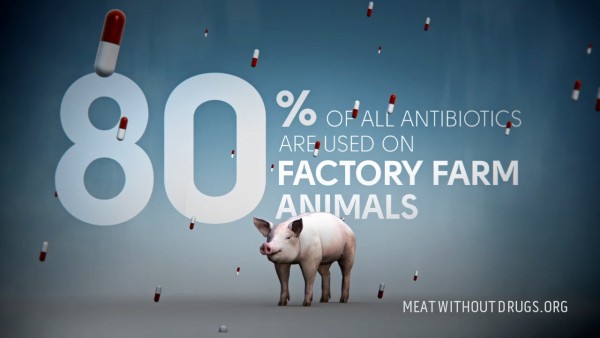

This patented alternative he has worked on, which is added to the feeds of the animals or even drinking water, was developed from naturally-occurring molecules which he had discovered had anti-bacterial, anti-fungal and anti-parasitic properties.
The advantage of this natural innovative formula is that it reduces health hazards to both cattle and human beings, while at the same time preventing the transmission of multi-resistant germs and the possibility of carcinogens through meat, milk and eggs to people at no extra cost to farmers. This discovery is ground-breaking for Africa’s farmers who can now be accorded the opportunity for improving their production as well as addressing the rise of diseases that are drug-resistant.
In 2006, the European Union banned the use of antibiotics in medicated feeds for livestock. The products that were introduced as substitutes were more expensive and less efficient according to Professor Remmal. His research, therefore, focused on developing a product that is more economical with the same level of effectiveness as antibiotics.
He finds the remedy in nature. He bases this on the premise that there is natural production of phenolic substances in plants that protect against infection. His team therefore incubated the idea of using essential oils of these natural substances in the place of antibiotics. However, the molecules were very unstable, and they evaporate very fast rendering them impossible to administer as a drug. Fortunately enough, in 2012, the team managed to fix the molecules on clay making them less prone to evaporation. Once animal ingest the clay, it dissolves releasing the essential oils. By the end of 2012, several patents got registered all over the world as a step of protecting the discovery.
This was followed by a test phase for farmers in Morocco. Professor Rammal admits that this was a very challenging step. The research had a control in the sense that one group of animals were administered with this discovery while the control group continued with conventional feeding. The negotiation with the farmers was that they were to promise refunds had the results been inconclusive. Luckily enough for the team, the results turned being more than conclusive and the farmers were convinced. According to the professor, the response was quite positive since all the breeders on whose animals these tests were performed have become their buyers.
Working in the biotechnology laboratory of Ben Abdellah University in Fez, the professor has led a team of faculty and students for about thirty years. These have been years that were characterized by lab rats testing on mice and they have finally paid off by one of the most innovative discoveries in Africa. This award, in essence, goes to the entire team at the Ben Abdellah University from the African Innovation Foundation Africa (AIF) in recognition of their dogged efforts in the lab to come up with the alternative antibiotics.
This new discovery has helped bridge the gap between theory and practice while improving livestock health, and that of humans by extension.



